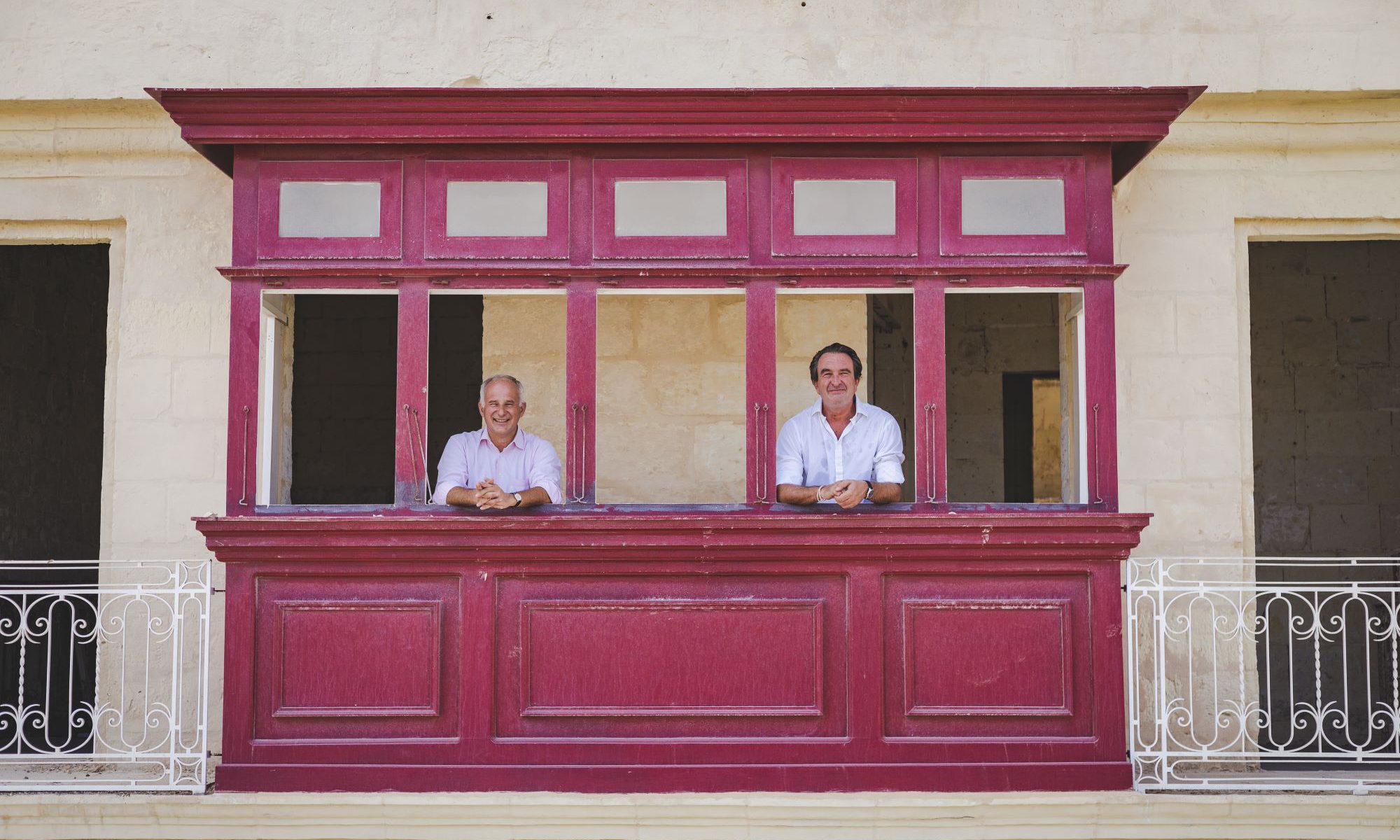VBL Group, the owner of Valletta’s largest private portfolio of real estate, is offering the Maltese public the opportunity to be a part of its journey in what it envisions to be an exciting “true equity success story” with its plans for expansion.
We spoke to two of the key figures behind VBL to learn more about their experience of investing in Malta and their vision for the future of Valletta.
Both Julian Tzvetkov and Geza Szephalmi, the group’s CFO and CEO, effortlessly convey their long professional backgrounds in finance and real estate, which seem to have touched most corners of Europe and beyond.
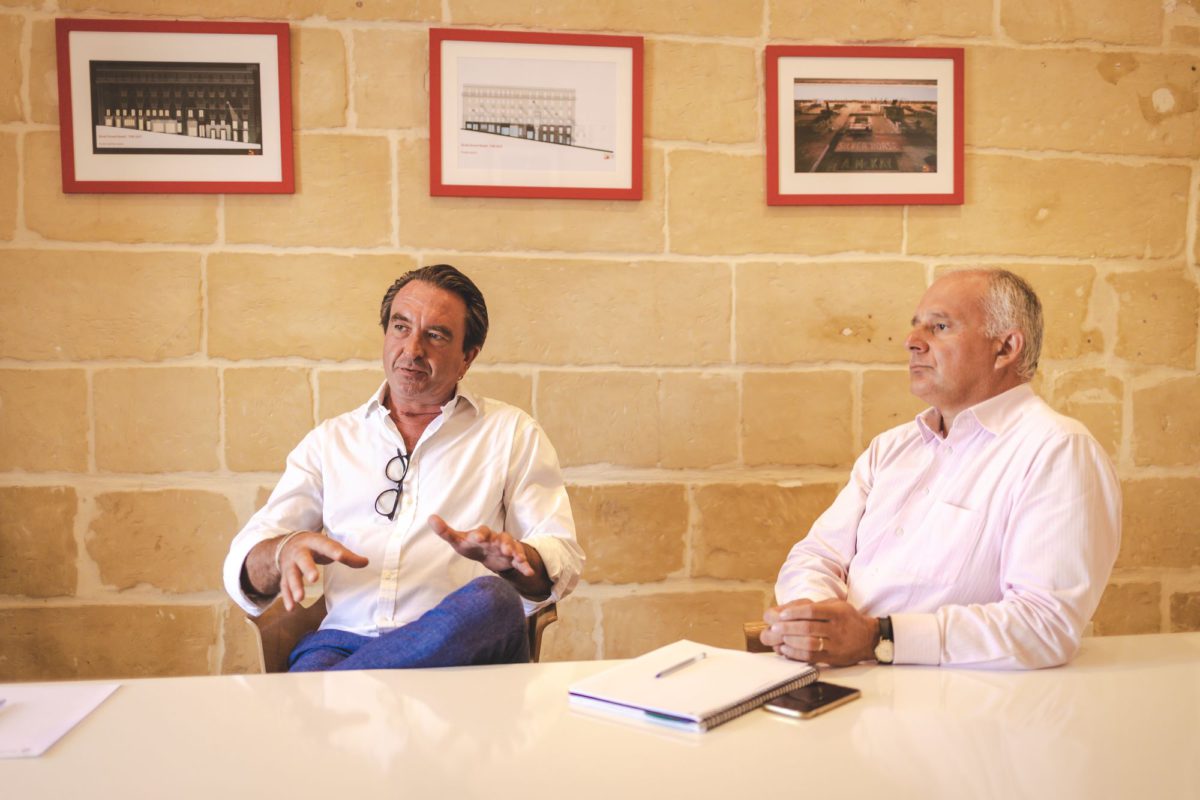
Large scale property development projects within culturally and historically sensitive locations is a trend which is clearly important to the two seasoned real estate professionals.
“When I first arrived to Malta,” says Dr Szephalmi, “I visited Valletta; it was different to the rest of the island. It was unique, and Malta’s capital city, but yet it sat at the bottom of the Maltese property market – it didn’t take much to realise this made no sense, and it was this investment opportunity which brought me back out of an early retirement.”
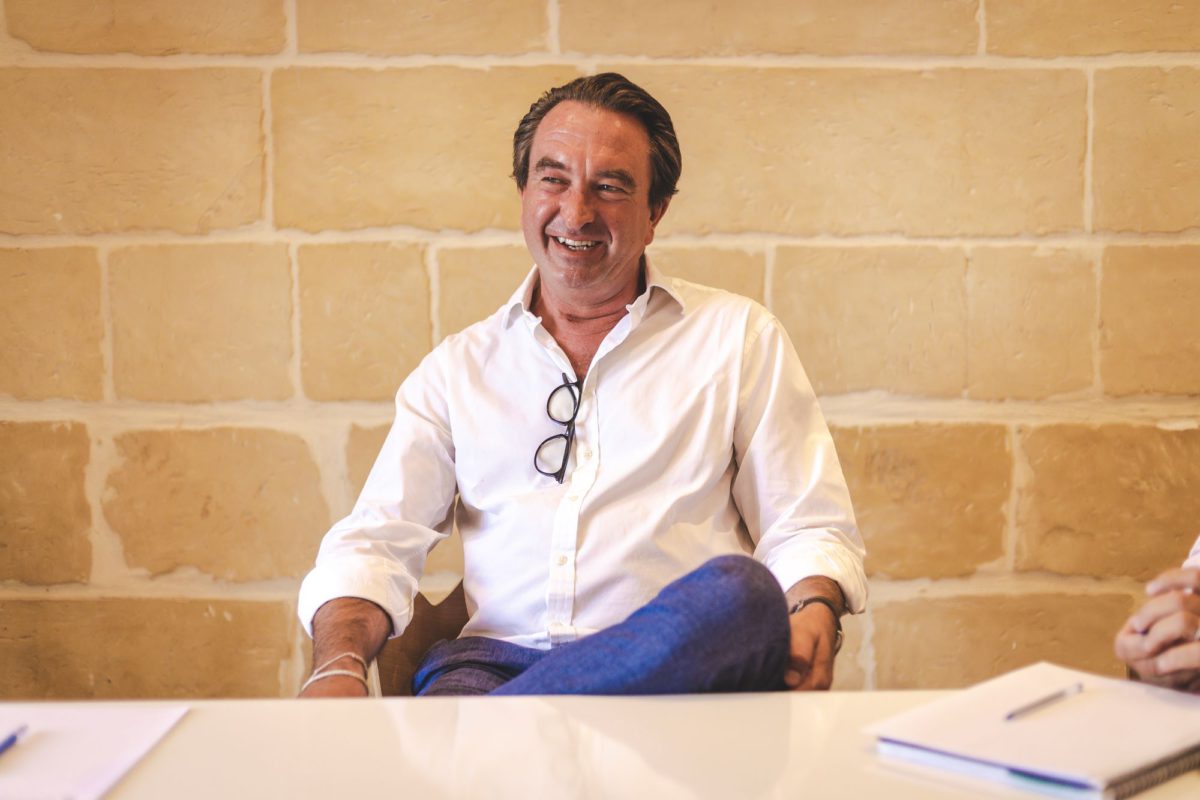
He continues: “Property regeneration excites me. Normally when one orchestrates revitalisation of neglected neighbourhoods, like those we found in lower Valletta, these typically have an industrial background – warehouses, abandoned factories, and so on.
“Valletta on the other hand has its citizens, its lovely old ladies, its kids playing in the streets. In this environment, regenerating a neighborhood with rich history and local life is so much more challenging.
“Being once considered an ‘outsider’, I think I had an advantage of being able to see something different in Valletta. Unlike many others, I did not see the dirty streets and run down shop fronts which the locals saw ten years ago. All I saw was the future potential in a location which was and still is very much undervalued in every sense.”
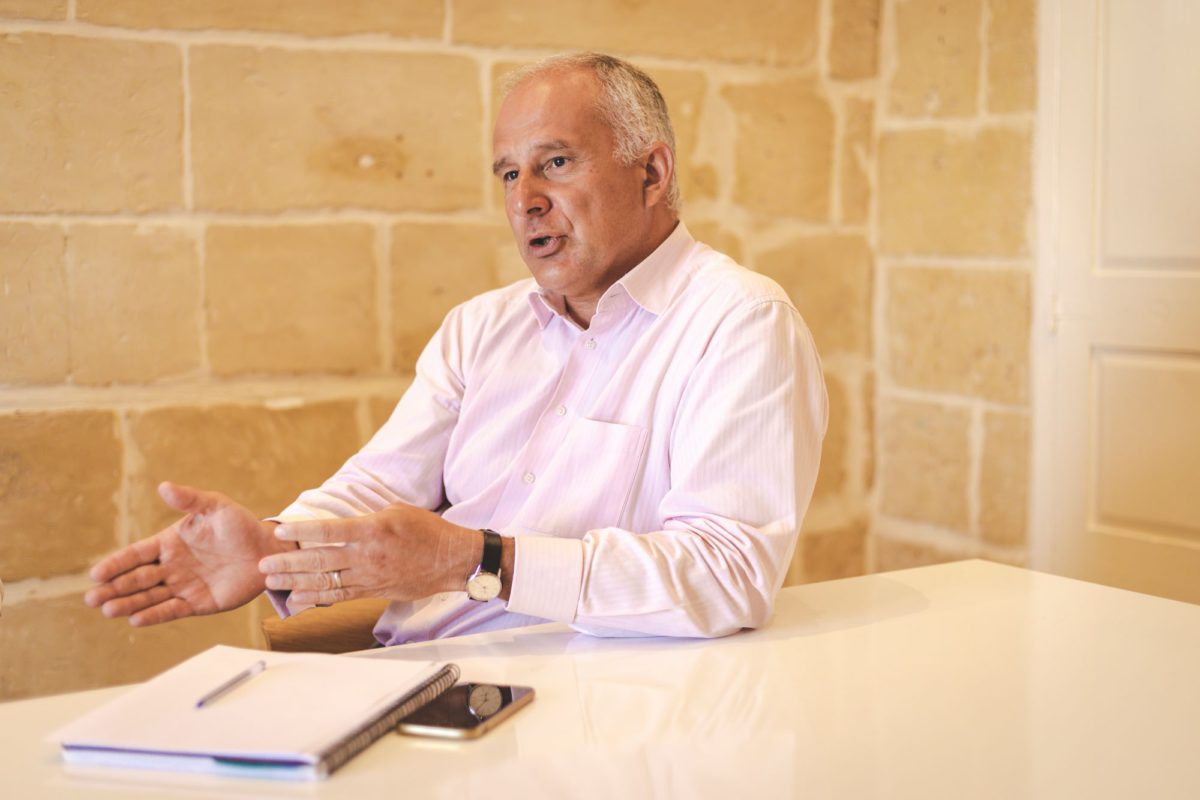
Mr Tzvetkov adds: “A recent study done by EY, quite rightly, placed Valletta as the most valuable real estate per square metre on the island. We like to believe that we had quite a significant part in this adjustment.
“As a foreigner, however, I also see the enormous gap between Valletta and its Euro-Mediterranean peers. Compared to the likes of other historic walled cities, Valletta is still underserved and undervalued. There lies the potential for the investors; we have a clear vision of how to untap that potential.”
Asked whether his long experience in the sector helps in the identification of market gaps, Dr Szephalmi replies, “Real estate development, urban re-development… This is not an art, it’s a profession. There’s absolutely no genius, and no magic in it. It’s a book and you just need to read it and apply it – we don’t try to re-invent the wheel, we only implement the best international practices, at the highest professional level.
“What we have achieved in regenerating some of the lower parts of Valletta in the last 10 years, is what we have done for the last 20 years or so in other countries abroad; highly successfully I might add.”
He provides a simple example: “If you are in the main square of a European city and within a five minutes walking proximity you have a totally abandoned, neglected area – as lower Valletta was in our case – that is the definition of a goldmine.”
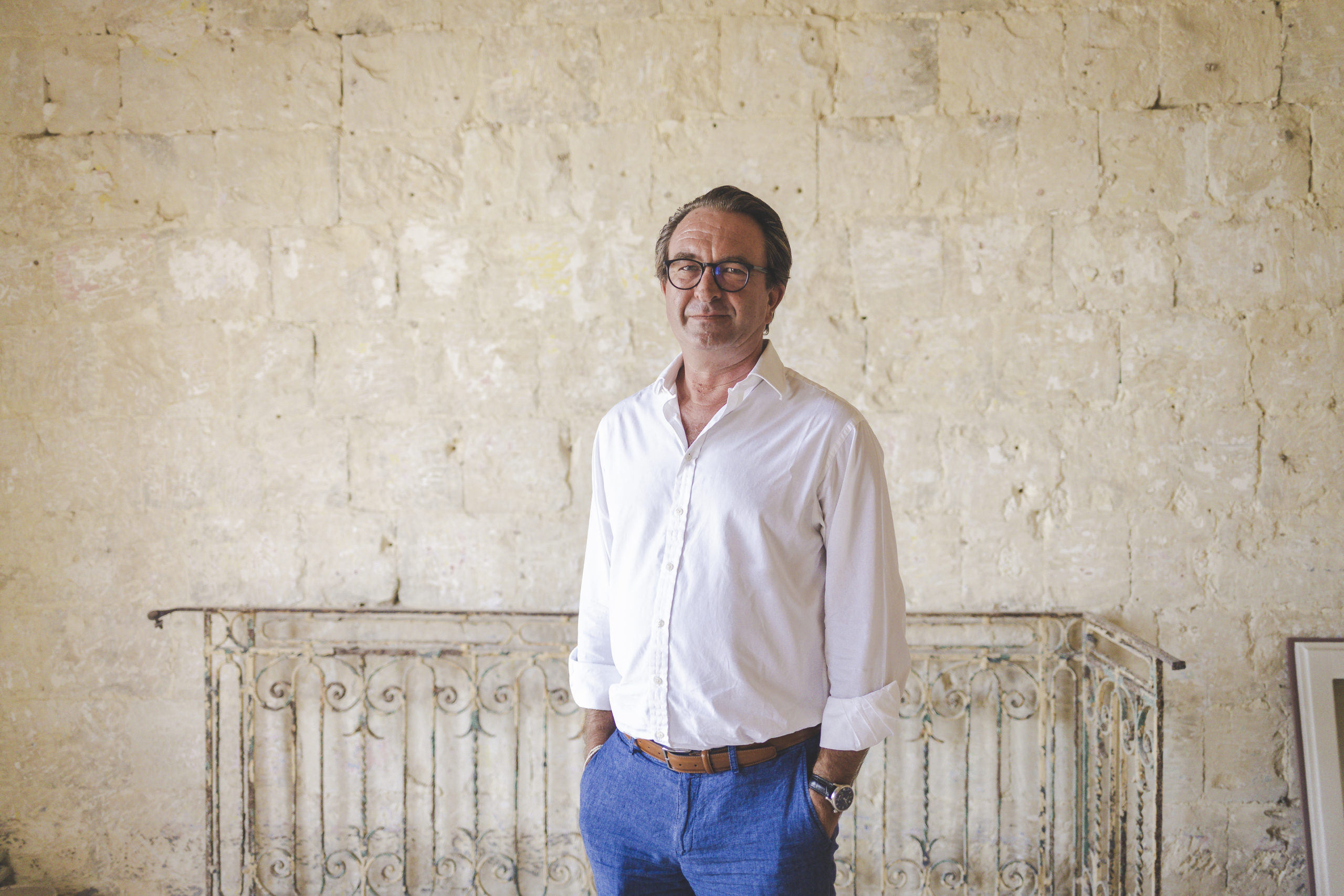
As a UNESCO-protected heritage site, Valletta is a “very business-friendly environment”, and a “remarkably exciting” place to invest in real estate, says Mr Tzvetkov.
He goes on to add some insight into the pros and cons of working in Malta. “Every country I have ever worked in has had its unique circumstances and challenges. Like other risks in business, one needs to assess these and manage them, learn to use the positive aspects for the benefit of the business, handle the risks – Malta is no different.
“VBL Group from its formation had strong corporate governance and was built with the view to grow fast. This mindset and structure made the listing of the Group on the MSE far easier – liaising with MFSA was very efficient and highly professional, pretty much in line with other European IPOs I have been involved with in the past, certainly as stringent, but much more customer focused.”
VBL Group is today owned by a group of around 15 investors, some of which are foreign, who Mr Tzvetkov describes as very successful and savvy people in their own areas of business.
“The reason they came to invest to Malta, along with ourselves, is the fact that Malta is a very welcoming destination for foreign direct investment. It provides great opportunities and has a very well regulated and transparent investment environment.
“Other attractive aspects, let’s call them ‘soft positives,’ is that the Maltese are very friendly and the country is geared up as a business friendly environment. The multicultural aspect which an island generally brings is also a huge plus.
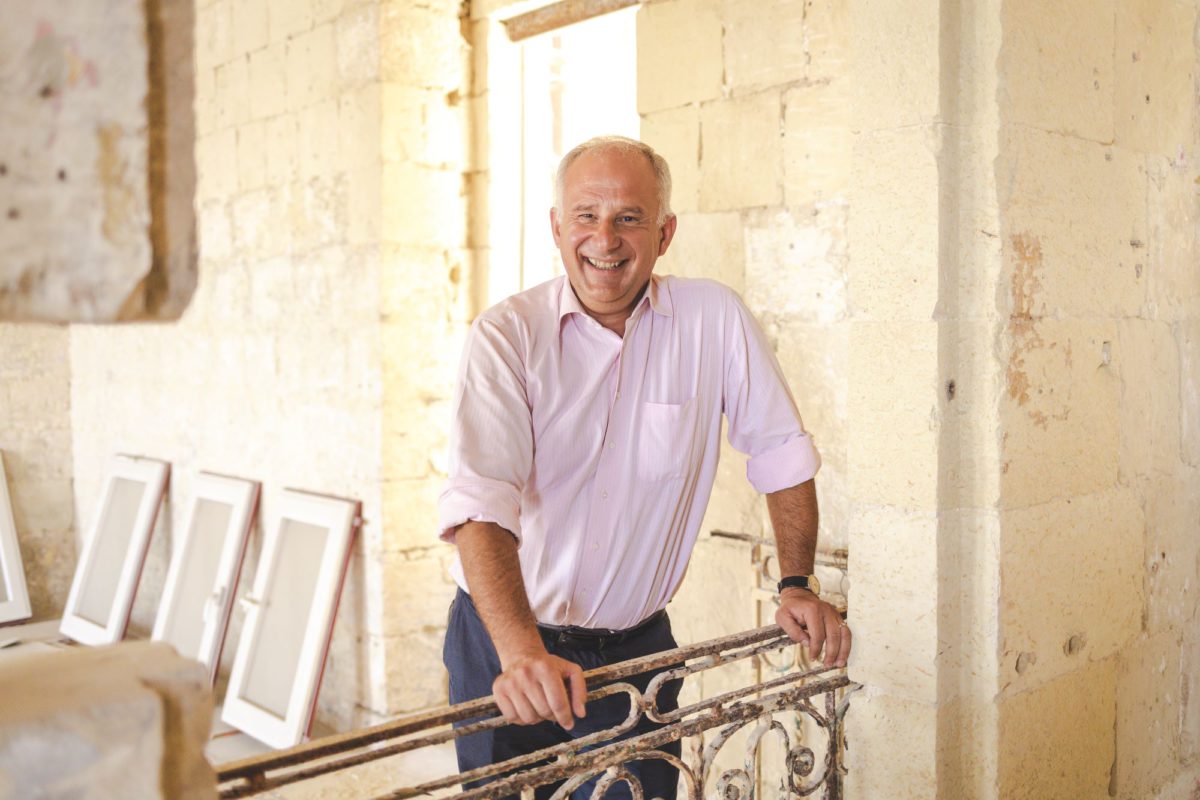
“All of these elements put together are a perfect breeding ground to develop FDI.”
With the new funds raised, the company plans on investing a further €30 million over the next few years into property regeneration, explains Dr Szephalmi.
“Every single year we undertake a couple of development projects, we usually raise new equity, close a couple of new acquisitions, ad put a couple of assets into operation, which all leads to increase our recurrent revenues. This is business as usual, and part of the strategic vision of the company from the outset.”
What VBL Group does, the pair explain, is to breathe new life into neighborhoods, with the development perhaps most symbolic of the radical changes witnessed in the capital being The Gut. The hub is designed for those Maltese and tourists alike who have grown out of Paceville but want something more than just going out for dinner as evening entertainment.
“Adjacent to The Gut we will be developing something in Valletta which doesn’t exist today: the first large scale multipurpose complex,” says Dr Szephalmi.
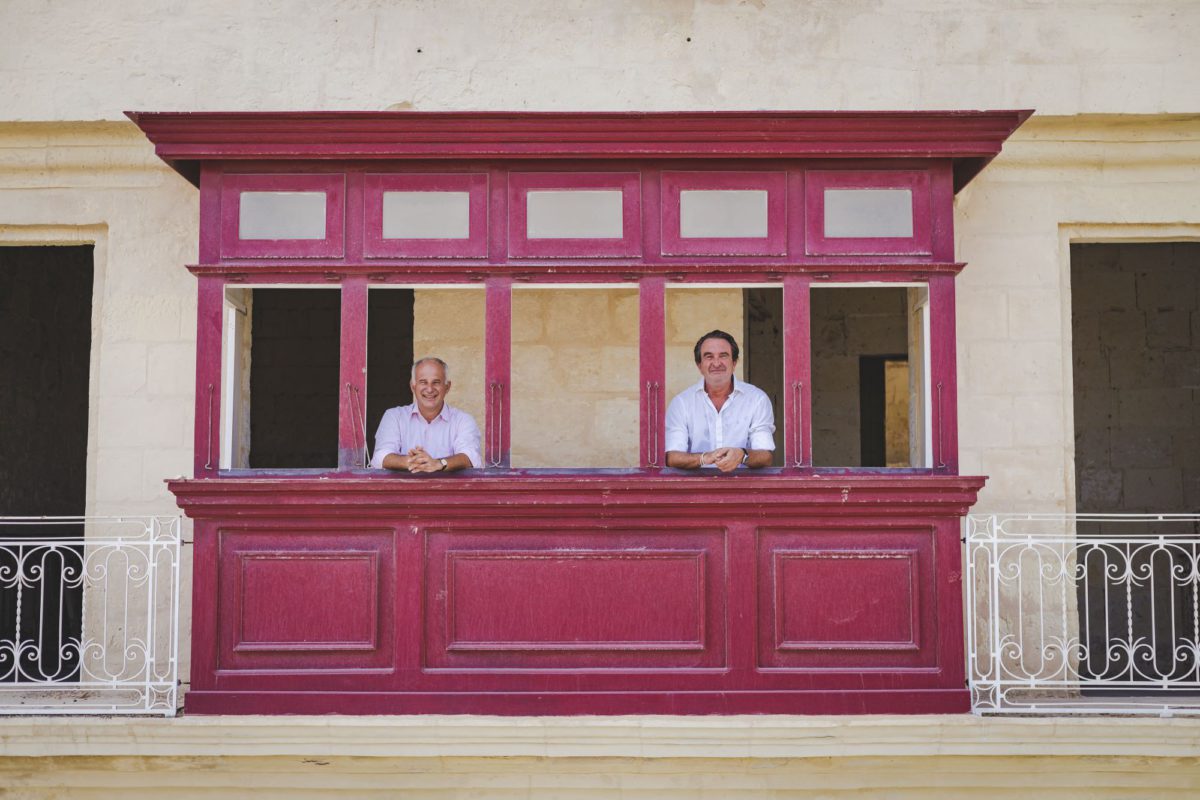
The group’s dreams do not stop in lower Valletta. In fact, the next step, which both Dr Szephalmi and Mr Tzvetkov describe as even more interesting, is the development of new luxury shopping space in upper Valletta.
“Valletta once was a place you would come to buy your gold, silver and diamonds, among many others,” says Dr Szephalmi. “What is that? That is classic luxury shopping. The emphasis today has moved from gold to high-end designer fashion, but the experience of richness and luxury shopping is the same, and this is what many people seek.
“Every country in Europe has its luxury shopping areas, but not Malta. And we will work to create a hub, in the middle of the city, which can provide the necessary modern infrastructure to facilitate the revival of a shopping experience in Valletta, but now as modern luxury shopping.”
“VBL is a real estate business,” closes Dr Szephalmi. “We buy real estate at the right price, we develop it smart, and we put it in use once it’s renewed. That’s the main business. Malta is a great place to invest in and I would do it all over again.
“Investors out there know that when the economy is facing challenges, it is the best time to invest and take opportunities. The best investments I have ever made were always during slower periods and not in a time of boom.”
Featured Image:
All photos by Inigo Taylor
Government introduces mandatory physical inspection for vintage vehicle classification
From 1st September 2025, vehicles seeking vintage status must undergo a physical inspection by the official classification committee
Local filmmakers paid just €250 to screen at Mediterrane Film
The figure stands in stark contrast to the estimated €5 million total spend
Malta International Airport closes in on one million passengers in June
Meanwhile, aircraft traffic movement rose by 4.5 per cent year on year


